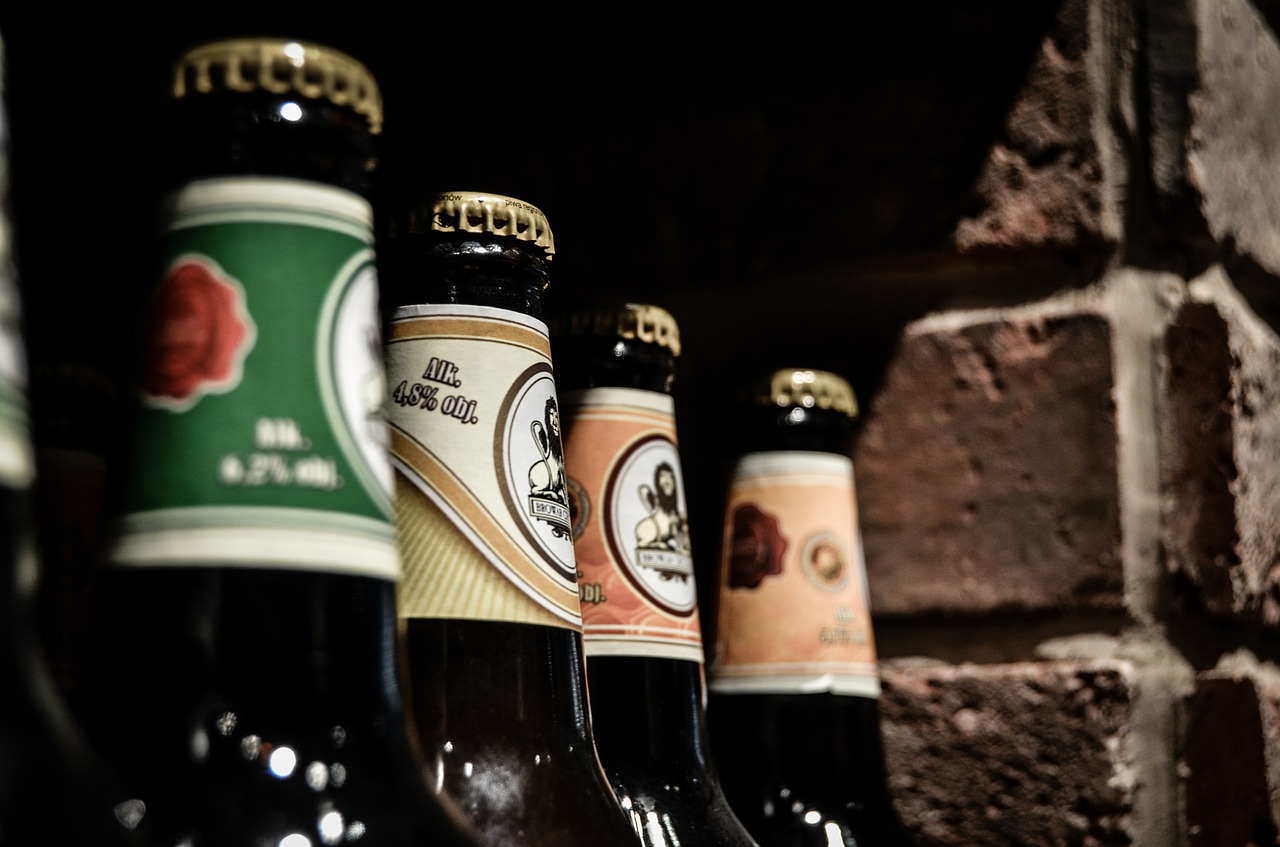Alcohol as a Seizure Trigger

Doctors and pharmacists are always warning people with epilepsy about alcohol. If you have epilepsy, drinking alcohol can have serious consequences. Most people with epilepsy are told not to drink, but that’s not always realistic. Others are told to drink moderately. Knowing the facts about alcohol as a seizure trigger can help you adjust drinking decisions as needed.
Learn More:
Find Your Local Epilepsy FoundationSo, what should people with seizures and epilepsy be aware of?
Facts About Alcohol and Seizures
- In small amounts, alcohol does not cause seizures. A drink or two now and then does not increase seizure activity.
- Small amounts of alcohol don’t change the amount of seizure medicines in your blood or change findings on EEG (electroencephalogram) studies.
- When alcohol is related to seizures, it is often the state of alcohol withdrawal that causes the seizures, not the drinking itself. Your risk of seizures may be much higher after having three or more alcoholic beverages.
- Binge drinking and alcohol withdrawal can even lead to status epilepticus, a life-threatening and potentially fatal problem.
Seizure medicines can lower your tolerance for alcohol, so the immediate effects of alcohol consumption are greater. In other words, people get drunk faster. Rapid intoxication is a big problem because many of the side effects of these medicines are similar to the acute effects of alcohol itself. If you are sensitive to alcohol or seizure medicines, you may find the combination even worse.
Some studies have shown that alcoholism, or chronic abuse of alcohol, is linked with the development of epilepsy in some people. This research suggests that repeated alcohol withdrawal seizures may make the brain more excitable. Thus, people who have experienced seizures provoked by binge drinking may begin to experience unprovoked epilepsy seizures regardless of alcohol use.
How Should I Manage Alcohol If I Have Seizures Or Epilepsy?
Avoid Binge Drinking
Binge drinking is drinking too much at once or over long periods of time. Alcohol usually does not trigger seizures while the person is drinking. However, “withdrawal” seizures may occur 6 to 72 hours later, after drinking has stopped.
Don’t Abuse Alcohol
If you have a problem with drinking, get help. Call the SAMHSA National Helpline at 1-800-662-4357 for confidential and free help.
Withdrawal seizures triggered by alcohol abuse:
- Withdrawal seizures are most common among people who have abused alcohol for years.
- Alcohol withdrawal seizures may be different than epilepsy seizures or make epilepsy worse.
- When alcohol is stopped suddenly or is reduced by large amounts over a short period of time, a seizure may occur. This can happen in people with or without epilepsy. The withdrawal seizures are provoked by the alcohol withdrawal and are not due to epilepsy itself.
Find Medical Help
Alcohol abuse is a medical problem that can lead to other health issues. Long-standing alcohol abuse can increase a person's risk of developing epilepsy.
Drink in Moderation
If you're allowed to drink, drink in moderation. Only a few drinks and drink slowly!
- Many people with epilepsy are at a high risk of seizures after drinking three or more alcoholic beverages.
- Research indicates that adults with epilepsy may have one or two alcoholic drinks a day without triggering their seizures or causing changes in the blood levels of their seizure medications.
Learn More:
Contact Our HelplineAlcohol, Seizures, and Safety
Talk to your doctor and healthcare team about alcohol, seizures, and safety. Keep in mind the following for your safety:
- Moderate to heavy alcohol use is never recommended for people with epilepsy.
- Alcohol and some seizure drugs have similar side effects. Using both at the same time can lead to bothersome and potentially dangerous problems.
- Driving would be especially dangerous since both alcohol and seizure medicines can affect your awareness, reflexes, and coordination.
Resources
Epilepsy Centers
Epilepsy centers provide you with a team of specialists to help you diagnose your epilepsy and explore treatment options.
Epilepsy Medication
Find in-depth information on anti-seizure medications so you know what to ask your doctor.
Epilepsy and Seizures 24/7 Helpline
Call our Epilepsy and Seizures 24/7 Helpline and talk with an epilepsy information specialist or submit a question online.
Tools & Resources
Get information, tips, and more to help you manage your epilepsy.



